How Does The Reproductive System Maintain Homeostasis
How does the reproductive system maintain homeostasis. How does the organ system maintain homeostasis. Learn how hormones regulate growth and development. The Reproductive System Maintain Homeostasis.
The nervous system works to keep the organism alive locate and attract a mate. See full answer below. Other systems in the body such as the endocrine and urinary systems work continuously to maintain homeostasis for survival of the individual.
The reproductive system maintains homeostasis in the male by. The reproductive system produces hormones that cause sexual development and puberty. The reproductive system produces hormones that cause sexual development and puberty.
Homeostasis is responsible for keeping balance between all body systems and the environment. This is accomplished by the reproduction system producing eggs. Can be used as content for research and analysis.
Both female and male reproductive tissues undergo highly dynamic cellular molecular and genetic changes such as oogenesis and spermatogenesis starting in prenatal life mainly controlled by sex-steroids but also cytokines and growth factors throughout reproductive life. Your body prepares for a potential pregnancy by developing an egg inside your ovaries. Maintain a healthy lifestyle.
The reproductive system helps maintain homeostasis in the female body by regulating the vagina Ph. There are two ways that the respiratory system maintain homeostasis. To achieve this control many bodily functions are regulated not by a single hormone but by several hormones that regulate each other see figure 2.
Other systems in the body such as the endocrine and urinary systems work continuously to maintain homeostasis for survival of the individual. Homeostasis imbalance in the endometrium of women with implantation defects.
To achieve this control many bodily functions are regulated not by a single hormone but by several hormones that regulate each other see figure 2.
Impaired ER homeostasis results in aberrant cellular responses contributing to the pathogenesis of various diseases. They will work continuously to maintain homeostasis for the survival of the individual. The endocrine system is regulated by the pituitary and includes regulating sex hormones required for ovulation and other body functions to keep the organism alive. These are through gas exchange and regulation of blood pH. To maintain the bodys homeostasis and respond appropriately to changes in the environment hormone production and secretion must be tightly controlled. Endocrine and Reproductive Systems. Impaired ER homeostasis results in aberrant cellular responses contributing to the pathogenesis of various diseases. Maintain a healthy lifestyle. Get the answers you need now.
Endocrine and Reproductive Systems. See full answer below. Other systems in the body such as the endocrine and urinary systems work continuously to maintain homeostasis for survival of the individual. The reproductive system helps maintain homeostasis in the female body by regulating the vagina Ph. There are two ways that the respiratory system maintain homeostasis. It helps you cleanse your body. Both female and male reproductive tissues undergo highly dynamic cellular molecular and genetic changes such as oogenesis and spermatogenesis starting in prenatal life mainly controlled by sex-steroids but also cytokines and growth factors throughout reproductive life.

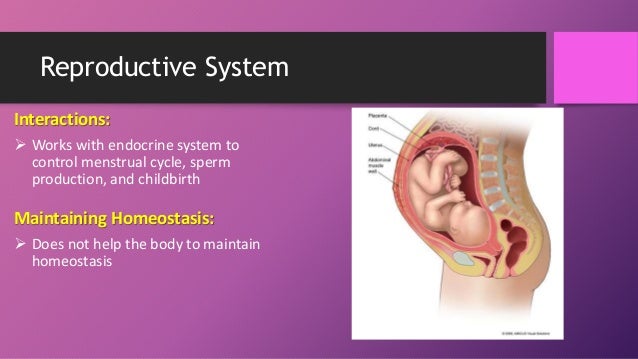
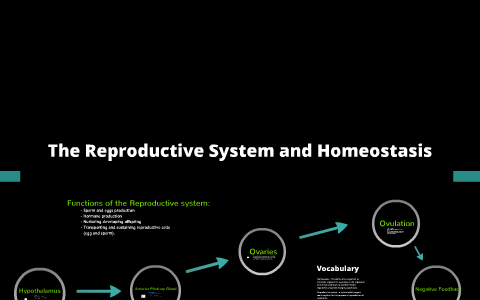
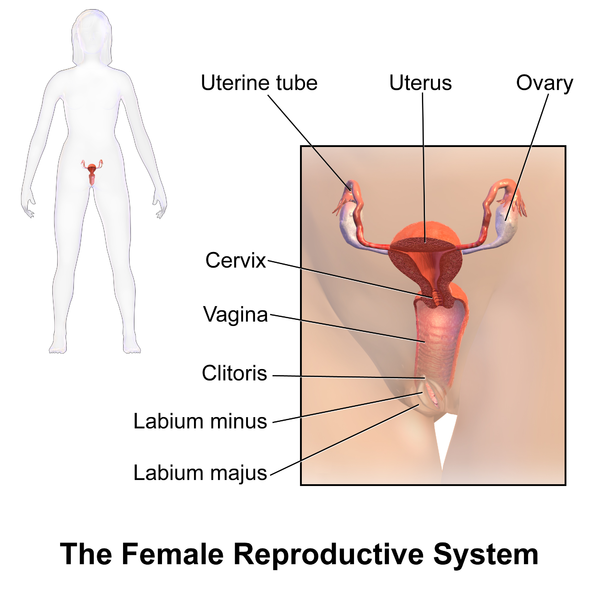




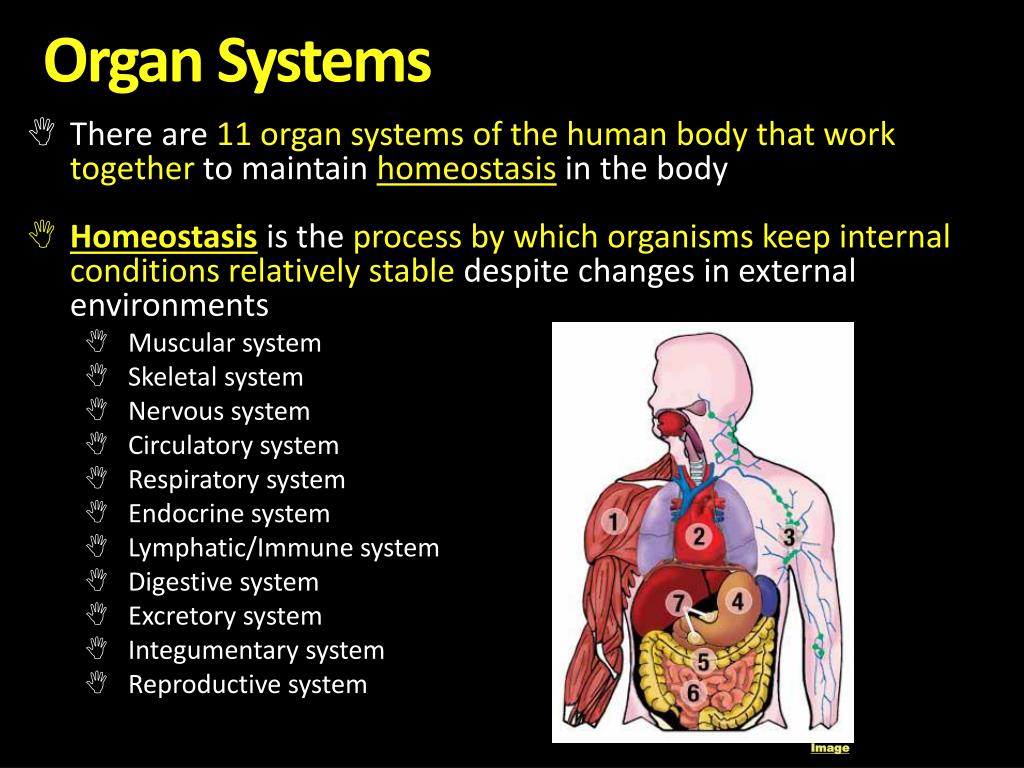




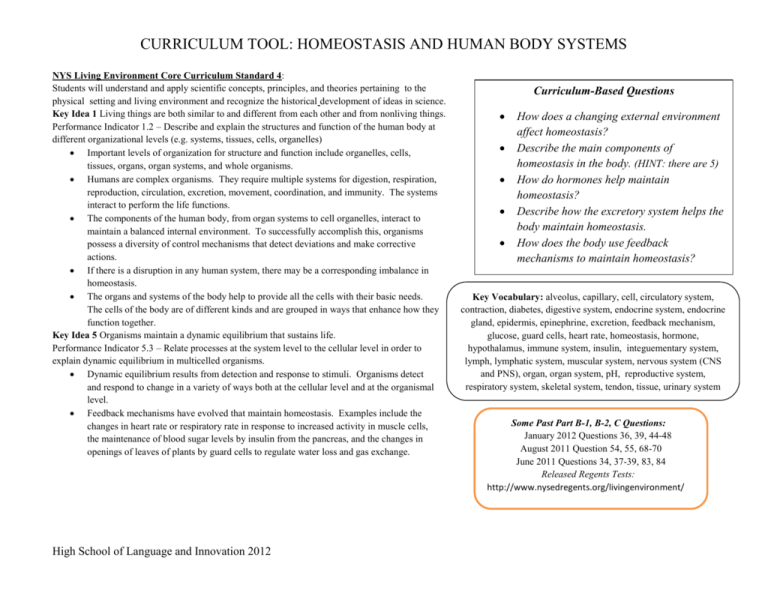


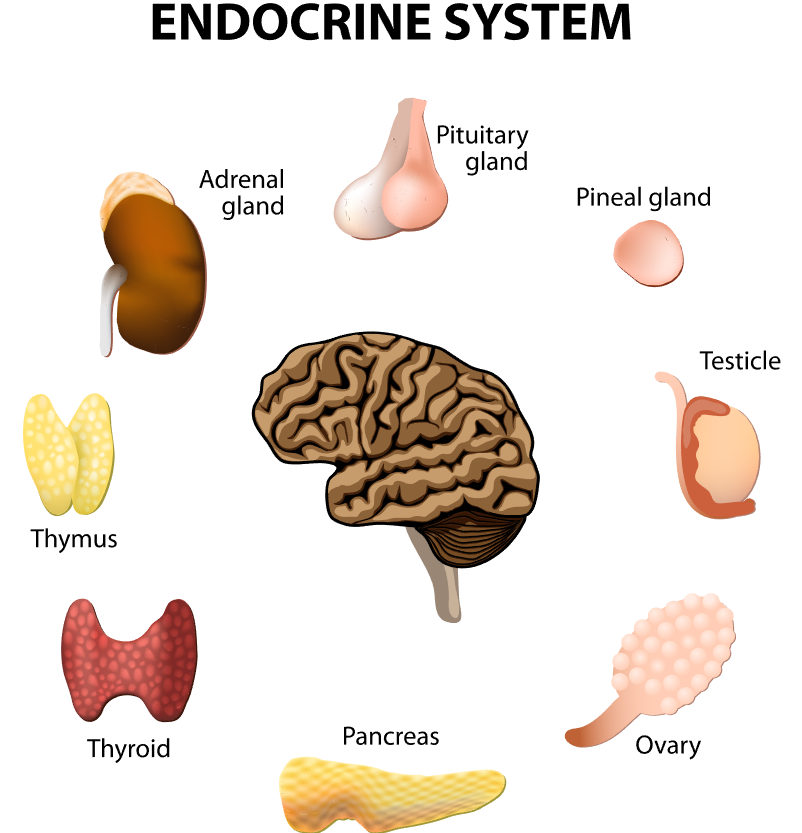




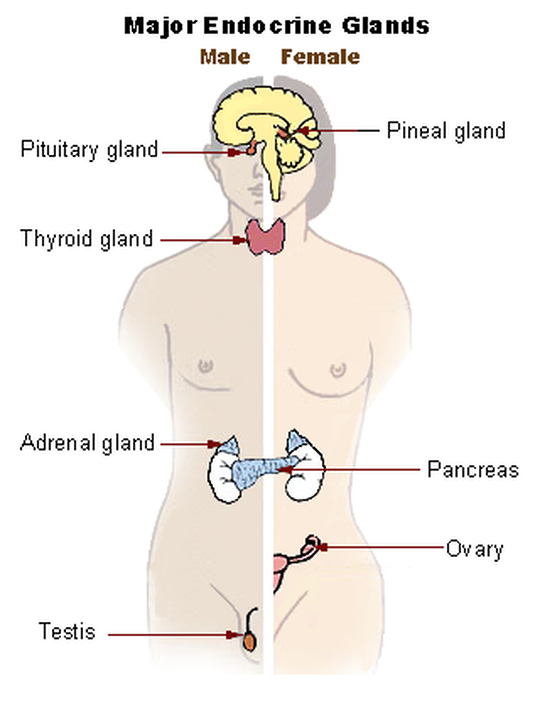
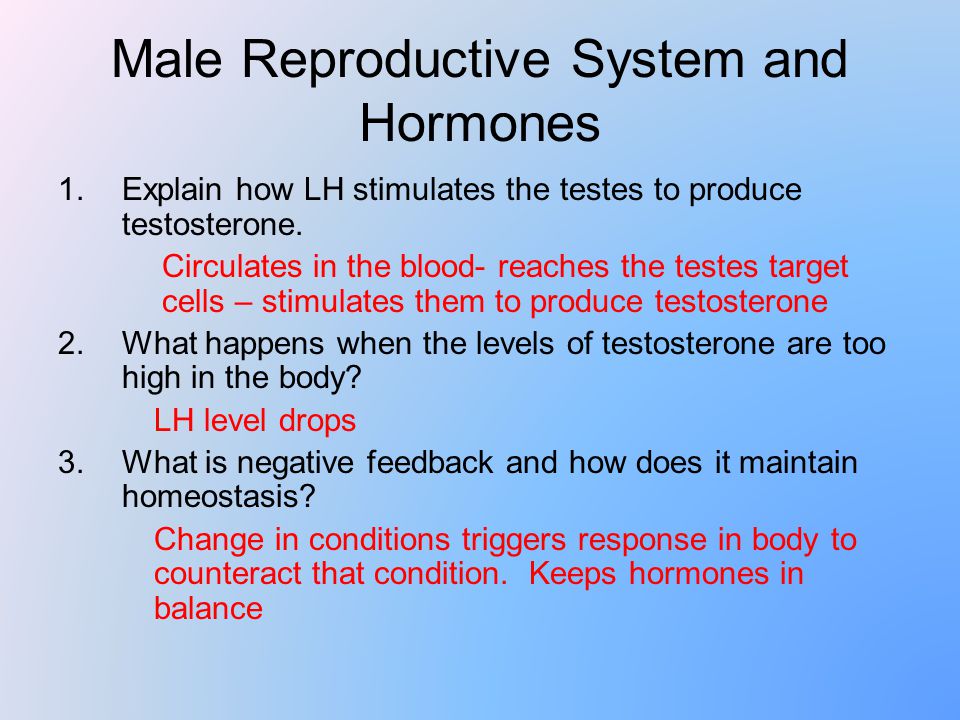
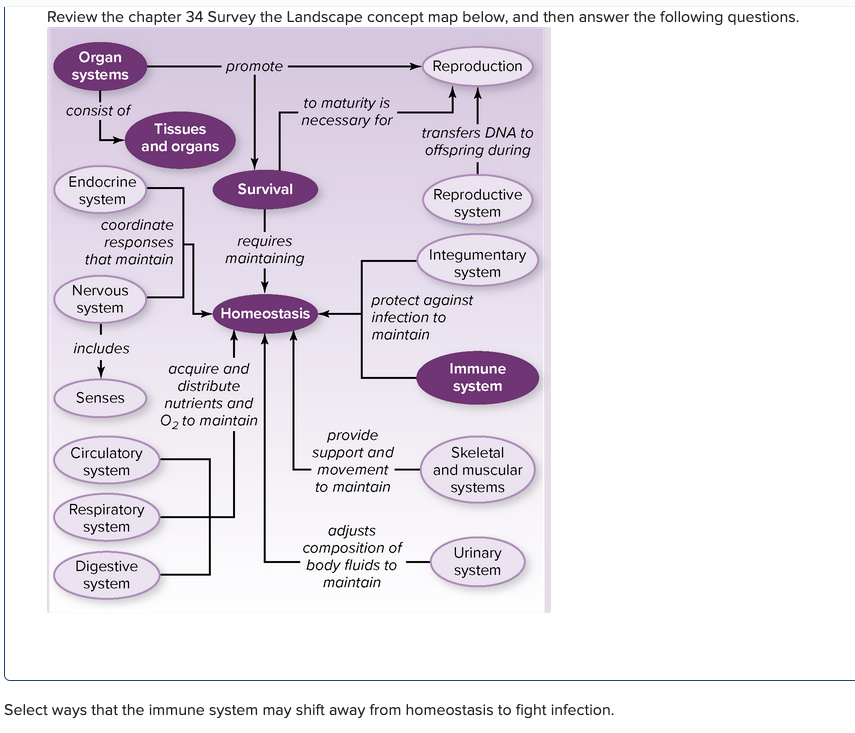
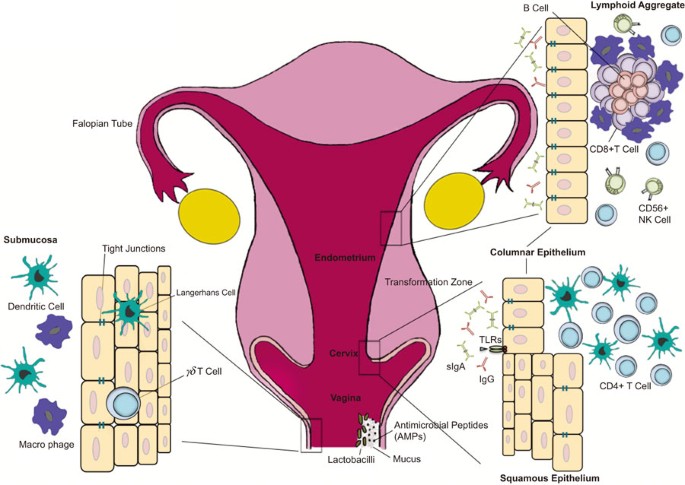










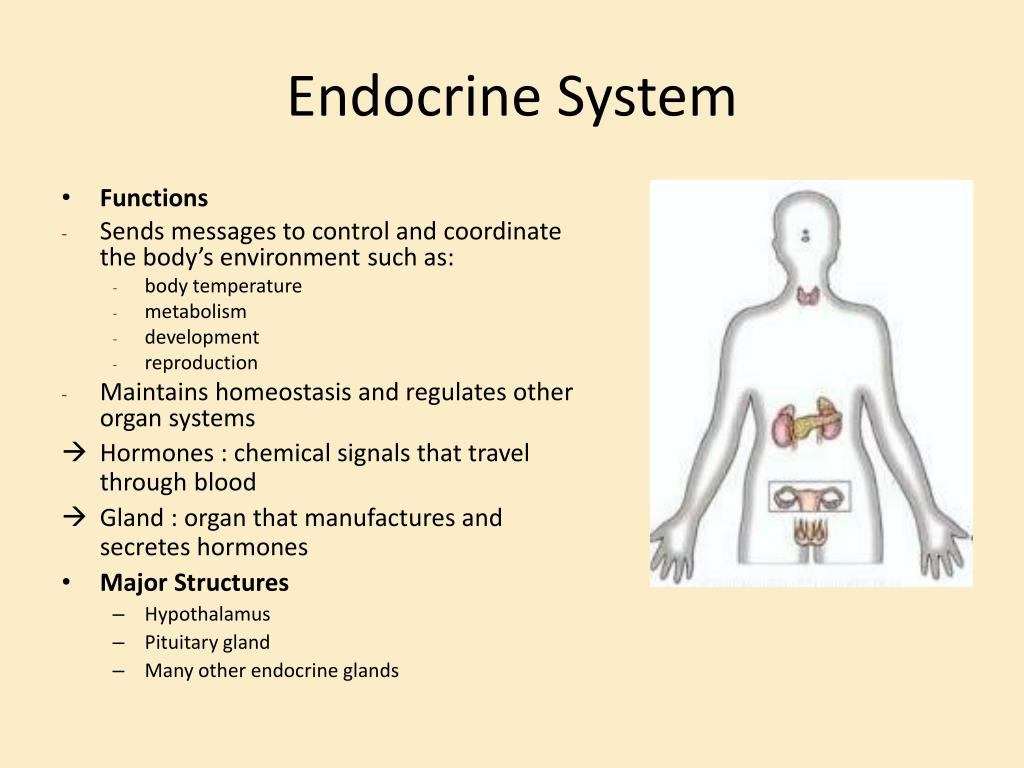
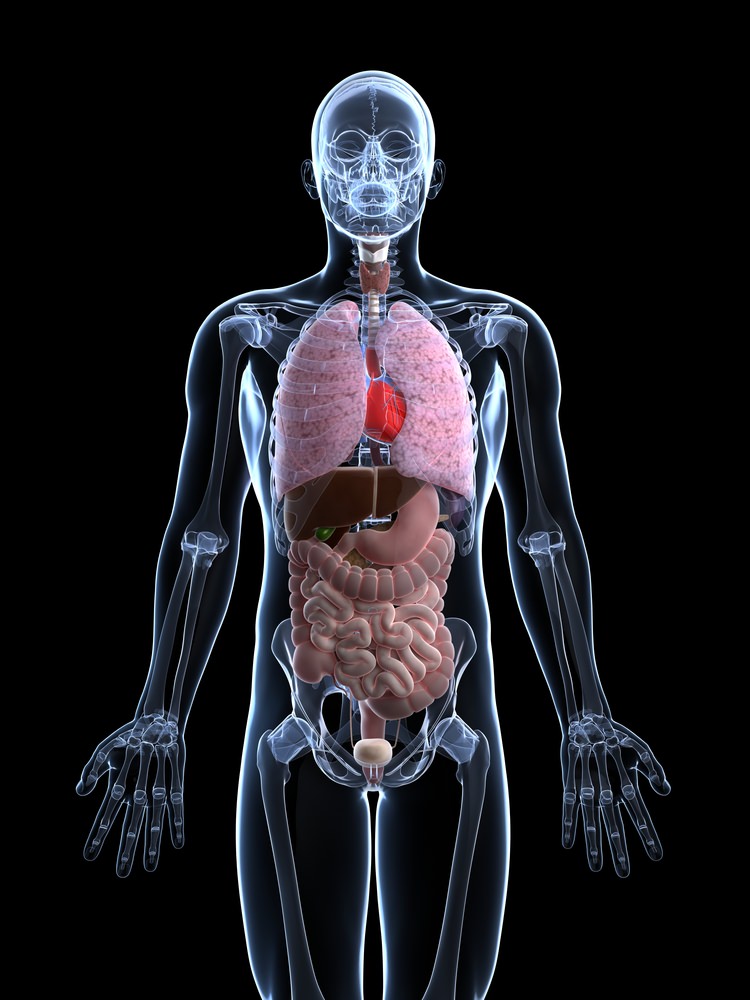

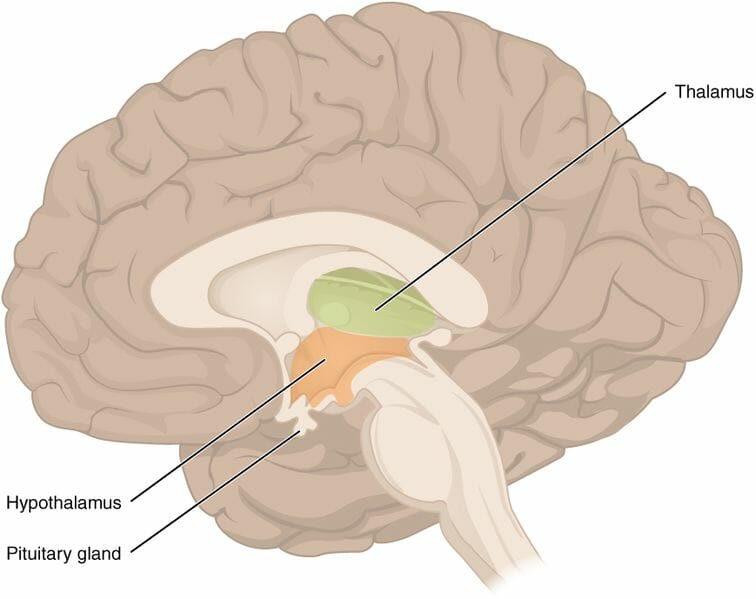
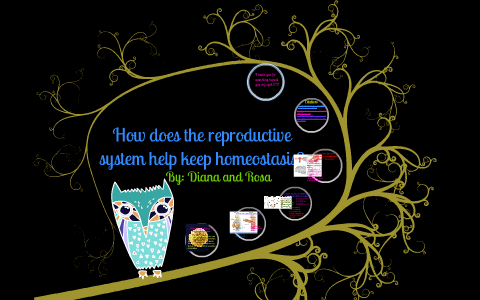
Post a Comment for "How Does The Reproductive System Maintain Homeostasis"